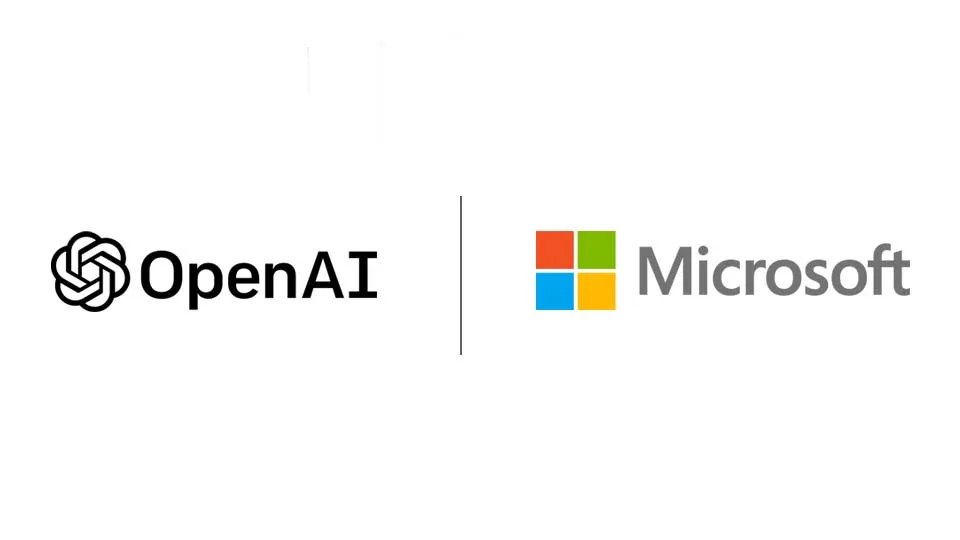Hewlett Packard Enterprises (HPE) has entered into a definitive agreement to acquire Juniper Networks for around $14 billion.
Juniper, a leader in the AI-native networks space, provides AI-enabled enterprise networking operations and software-defined networking technologies.
The companies said the explosion of AI and hybrid cloud-driven business is accelerating demand for secure, unified technology solutions that connect, protect, and analyse companies’ data from edge to cloud and that the acquisition is expected to double the size of HPE’s existing networking business.
They added that by using “industry-leading AI”, the combined company is expected to create better user and operator experiences, benefitting customers’ high-performance networks and cloud datacentres.
Once the acquisition completes, Juniper chief executive Rami Rahim will lead the combined HPE networking business and report to HPE president and chief executive Antonio Neri.
“HPE’s acquisition of Juniper represents an important inflection point in the industry and will change the dynamics in the networking market and provide customers and partners with a new alternative that meets their toughest demands,” said Neri. “This transaction will strengthen HPE’s position at the nexus of accelerating macro-AI trends, expand our total addressable market, and drive further innovation for customers as we help bridge the AI-native and cloud-native worlds.”
HP will complete the acquisition as an all-cash agreement at $40 per share, with J.P. Morgan Securities and Qatalyst Partners serving as its financial advisors.
Latest News
-
Currys overhauls payment systems to adopt emerging tech
-
Ocado to widen access to tech as exclusivity agreements end
-
Asda hires new group CIO to lead tech and data teams
-
Morgan Stanley warns 200,000 European banking roles 'under threat' from AI
-
The top technology trends to expect in 2026
-
The most read National Technology News stories of 2025
The future-ready CFO: Driving strategic growth and innovation
This National Technology News webinar sponsored by Sage will explore how CFOs can leverage their unique blend of financial acumen, technological savvy, and strategic mindset to foster cross-functional collaboration and shape overall company direction. Attendees will gain insights into breaking down operational silos, aligning goals across departments like IT, operations, HR, and marketing, and utilising technology to enable real-time data sharing and visibility.
The corporate roadmap to payment excellence: Keeping pace with emerging trends to maximise growth opportunities
In today's rapidly evolving finance and accounting landscape, one of the biggest challenges organisations face is attracting and retaining top talent. As automation and AI revolutionise the profession, finance teams require new skillsets centred on analysis, collaboration, and strategic thinking to drive sustainable competitive advantage.
© 2019 Perspective Publishing Privacy & Cookies








Recent Stories